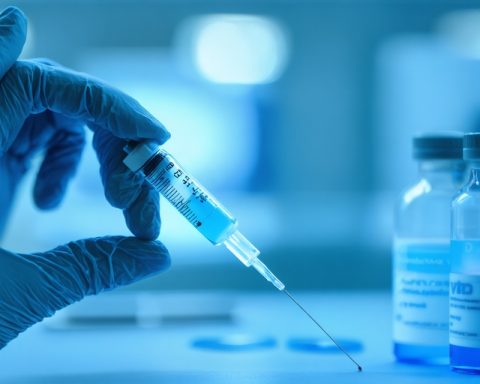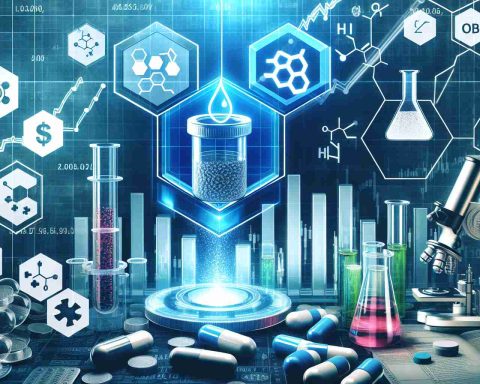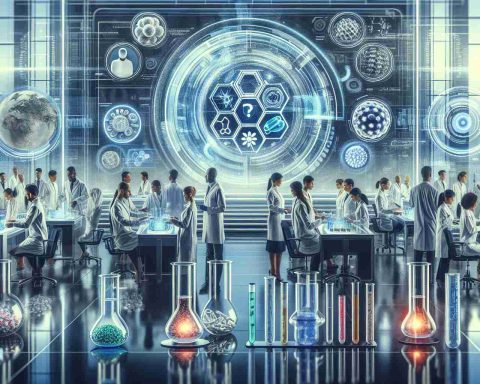Vaccine Development
Vaccine development is the scientific process of creating vaccines to prevent infectious diseases. This involves several stages, including research to identify potential antigens (substances that provoke an immune response), preclinical testing in laboratories and animal models, and clinical trials in humans to assess safety and efficacy. The process typically includes:1. **Discovery and Development**: Researchers identify target pathogens and antigens that may elicit a protective immune response.2. **Preclinical Testing**: Laboratory and animal studies evaluate the vaccine's safety and the immune response it generates.3. **Clinical Trials**: Conducted in phases (I, II, and III), these trials test the vaccine's safety and effectiveness in human volunteers, gradually increasing the number of participants.4. **Regulatory Approval**: If clinical trials are successful, data is submitted to regulatory agencies for approval, which includes rigorous evaluation of safety and efficacy.5. **Manufacturing and Distribution**: Once approved, vaccines are manufactured at scale and distributed for public use.6. **Post-Market Surveillance**: After the vaccine's release, ongoing monitoring tracks its effects in the general population to identify any rare adverse events or long-term effects.Vaccine development is crucial for public health as it helps control and prevent outbreaks of infectious diseases, improving overall community health and safety.



















